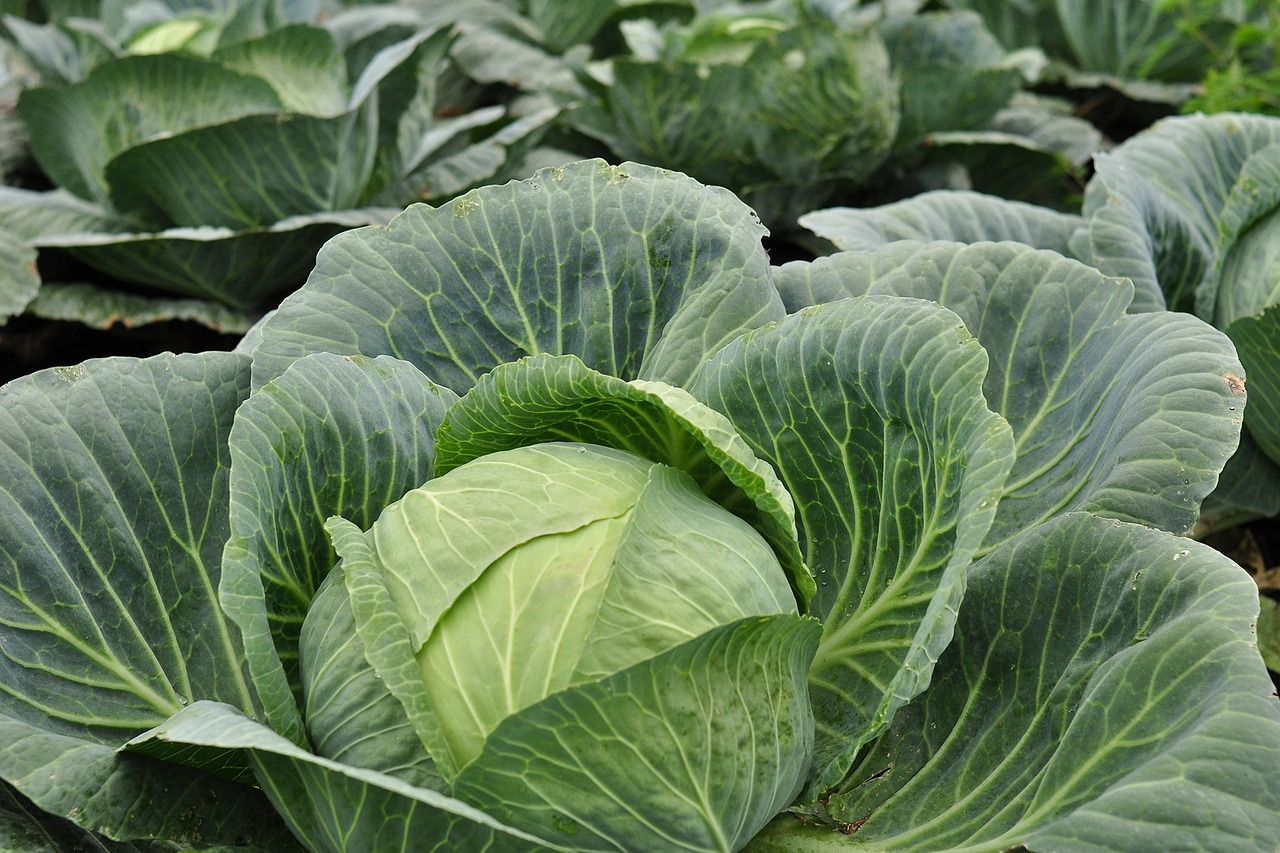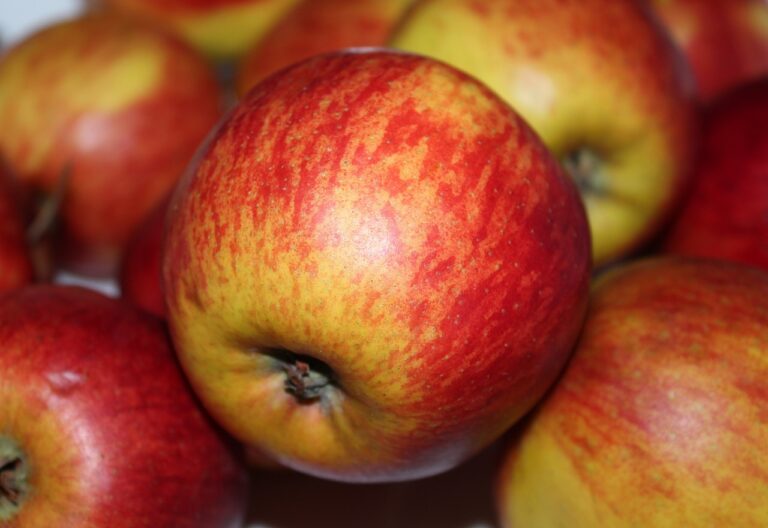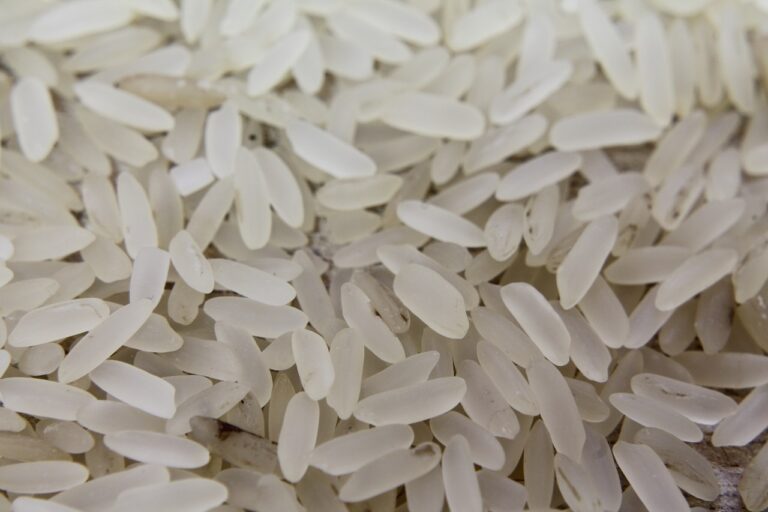The Impact of Agricultural Practices on Fruit Quality: Play99exch, Lotus exchange login, Playexch.in
play99exch, lotus exchange login, playexch.in: When it comes to the quality of fruits, agricultural practices play a crucial role. The way fruits are grown, harvested, and cared for can significantly impact their taste, appearance, and nutritional value. In this article, we will explore the various ways in which agricultural practices can influence fruit quality.
Soil Health and Nutrient Management
One of the most influential factors in determining fruit quality is the health of the soil in which the fruits are grown. Soil that is rich in nutrients and well-balanced can produce fruits that are more flavorful, vibrant in color, and packed with essential vitamins and minerals. Farmers can improve soil health through practices such as crop rotation, cover cropping, and organic fertilization. By ensuring that the soil is healthy and nutrient-rich, farmers can enhance the quality of their fruits.
Pest and Disease Management
Pests and diseases can wreak havoc on fruit crops, causing damage to the fruit itself and reducing its quality. Agricultural practices such as integrated pest management (IPM) can help farmers control pests and diseases in a sustainable and environmentally friendly manner. By implementing strategies such as crop rotation, biological control, and selective pesticide use, farmers can protect their fruit crops from damage and ensure that they are of the highest quality.
Water Management
Proper water management is essential for growing high-quality fruits. Fruits need a consistent supply of water to grow and develop properly. However, overwatering or underwatering can lead to problems such as fruit cracking, poor flavor, and reduced shelf life. Farmers can improve water management by using techniques such as drip irrigation, mulching, and rainwater harvesting. By ensuring that fruits receive the right amount of water at the right time, farmers can enhance their quality.
Harvesting and Handling Practices
How fruits are harvested and handled can also impact their quality. Fruits that are picked at the right time, handled carefully, and stored correctly are more likely to have superior taste, appearance, and shelf life. Farmers can improve their harvesting and handling practices by training workers to handle fruits gently, using proper equipment for harvesting, and storing fruits at the right temperature and humidity levels. By paying attention to these details, farmers can ensure that their fruits are of the highest quality when they reach consumers.
Post-Harvest Treatments
Post-harvest treatments such as washing, waxing, and packaging can also affect fruit quality. Washing fruits removes dirt and contaminants, waxing helps preserve their freshness and appearance, and proper packaging protects them during transportation and storage. Farmers can enhance the quality of their fruits by implementing post-harvest treatments that maintain their freshness, flavor, and nutritional value. By paying attention to these details, farmers can ensure that their fruits are of the highest quality when they reach consumers.
Genetic Factors
In addition to agricultural practices, genetic factors also play a role in determining fruit quality. Different fruit varieties have varying levels of sweetness, acidity, texture, and other qualities. Farmers can choose fruit varieties that are known for their superior quality and characteristics to ensure that they produce high-quality fruits. By selecting the right fruit varieties and paying attention to genetic factors, farmers can enhance the quality of their fruits and meet consumer demands for flavorful and nutritious produce.
Overall, agricultural practices have a significant impact on fruit quality. By focusing on soil health, pest and disease management, water management, harvesting and handling practices, post-harvest treatments, and genetic factors, farmers can produce fruits that are of the highest quality. By implementing sustainable and environmentally friendly practices, farmers can ensure that their fruits are not only delicious and nutritious but also good for the planet.
FAQs
1. How do agricultural practices affect fruit quality?
Agricultural practices such as soil health, pest and disease management, water management, harvesting and handling, post-harvest treatments, and genetic factors all play a crucial role in determining fruit quality.
2. What are some examples of sustainable agricultural practices that can improve fruit quality?
Examples of sustainable agricultural practices include crop rotation, integrated pest management (IPM), drip irrigation, gentle harvesting techniques, waxing, and proper packaging.
3. Why is genetic diversity important for fruit quality?
Genetic diversity in fruit varieties can lead to a wider range of flavors, textures, and nutritional profiles, allowing farmers to produce high-quality fruits that meet consumer demands.
4. How can farmers ensure that their fruits are of the highest quality?
Farmers can ensure that their fruits are of the highest quality by focusing on soil health, pest and disease management, water management, harvesting and handling practices, post-harvest treatments, and selecting the right fruit varieties for their specific growing conditions.
In conclusion, agricultural practices have a substantial impact on fruit quality. By implementing sustainable and environmentally friendly practices, farmers can produce fruits that are not only delicious and nutritious but also good for the planet. By paying attention to soil health, pest and disease management, water management, harvesting and handling practices, post-harvest treatments, and genetic factors, farmers can ensure that their fruits are of the highest quality and meet consumer demands for flavorful and nutritious produce.







